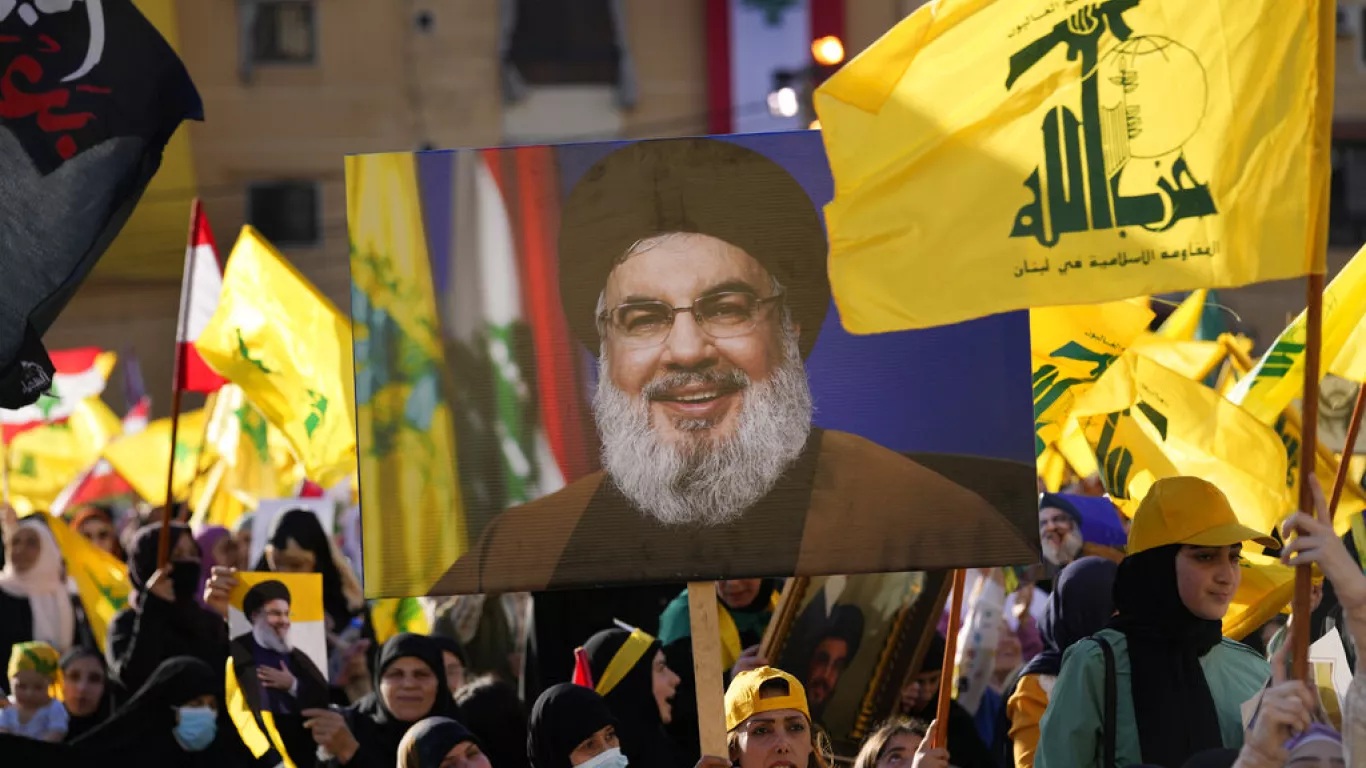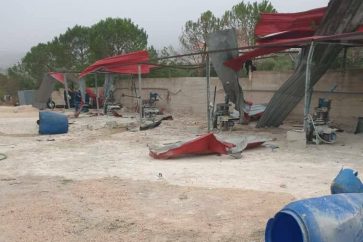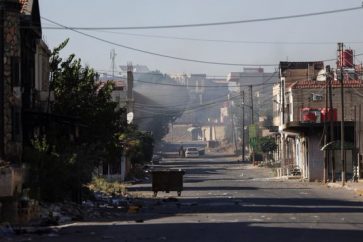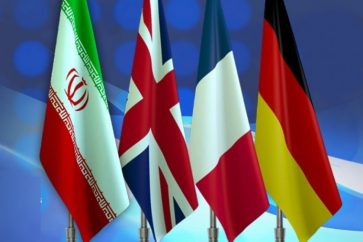Banque du Liban (BDL) has issued a directive earlier last week prohibiting banks and financial institutions from engaging with what it terms “unlicensed exchange houses or unlicensed associations and bodies.” The directive specifies several entities under this designation, including: Al-Qard Al-Hassan Association, Cedars Inter S.A.L., Al-Moyassar Finance and Investment Company, Bayt Mal Al-Muslimin, and others that appear on international sanctions lists.
This decision comes against the backdrop of heightened US pressure on the Islamic Resistance of Hezbollah, Al-Akhbar’s Yehya Dbouq reported on Saturday.
The directive has stirred debate over its actual repercussions: Is it truly a financial blow to the party, as Western sources assert? Or is it a blow to Lebanon’s impoverished citizens, who depend on these institutions in their daily lives?
Double Standards
The associations and companies listed in the decision—such as Al-Qard Al-Hassan—offer interest-free financial and economic services, manage gold and jewelry deposits, finance small businesses, and support education and medical care. These are legally registered organizations in Lebanon that have been operating for decades. Their operations rely on local donations and deposits of gold and jewelry to secure loans, rather than on international transfers or for-profit activities. Comparable institutions in other countries are regarded as development organizations.
Indeed, similar charitable and financial structures exist throughout the Islamic world: The Zakat House in Kuwait, the Khedmat Foundation in Pakistan, zakat associations in Indonesia, and microfinance institutions in Egypt and Sudan. The primary distinction lies in the Lebanese political context. In Lebanon, any institution operating in areas associated with Hezbollah is subject to suspicion, while their counterparts abroad are considered legitimate developmental actors.

Accusations Without Evidence
Despite persistent accusations from US and Zionist officials, no definitive evidence has been presented proving that these institutions fund Hezbollah or its military operations. In fact, there is no documented connection between them and the alleged financing activities. Rather than benefiting Hezbollah financially, these institutions often represent a financial liability, particularly when borrowers default—costs the party may ultimately bear.
These accusations also serve to legitimize the Israeli targeting of Al-Qard Al-Hassan’s multiple franchises spread around the whole breadth of Lebanon during the last Zionist land operation of the country that ended in failure. 11 Lebanese citizens who work at these franchises as civilian clerks and managers were martyred in these attacks as they were simply doing their duty to defend their community.
Thus, this move appears to fit squarely within a broader campaign of Western and Israeli pressure, aimed at enlisting the Lebanese state in efforts to weaken Hezbollah’s social and financial infrastructure. While the direct financial damage to the party may be symbolic, the strategy seeks to isolate it from its support base, erode its image as a provider of genuine social services, and paint it as incapable of protecting the institutions within its orbit.
The broader implications of the decision reveal an undeclared war on the social fabric that the Islamic Resistance of Hezbollah have built together with their community over the decades. The primary victims will not be the party’s financiers, but Lebanon’s vulnerable communities who depend on these institutions for financial assistance, education, healthcare, and more—services that remain unparalleled elsewhere in the country.
What is even more alarming is that this measure could signal the beginning of a wider, more damaging campaign—not limited to financial entities, but potentially targeting a vast array of economic, social, educational, charitable, and even sports organizations operating in resistance-affiliated areas.
This is not merely a financial decision. It is a precursor to a possible escalation whose consequences could deeply affect the daily lives of large swaths of the Lebanese population, sparking unpredictable reactions and further destabilizing Lebanon’s already fragile internal landscape.
Source: Al-Akhbar Lebanese Newspaper (translated by Al-Manar English staff)




